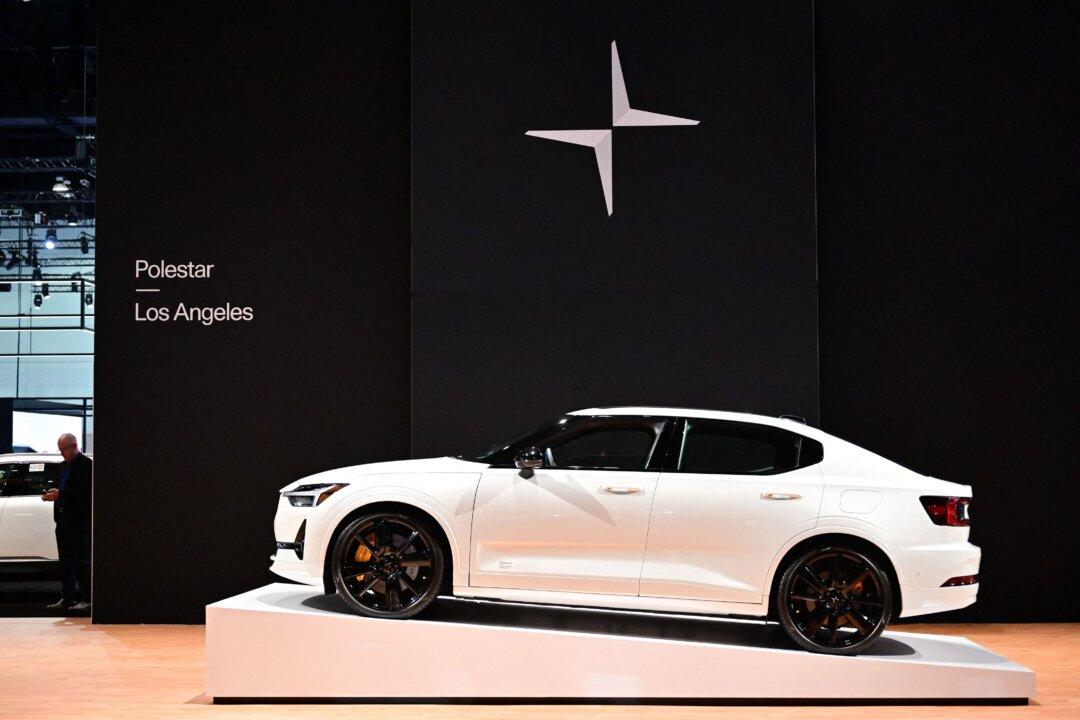Another EV (electric vehicle) manufacturer has followed Tesla to renounce its membership in Australia’s main automotive industry lobby group.
On March 8, Polestar Australia managing director Samantha Johnson sent a letter to the Federal Chamber of Automotive Industries (FCAI) to withdraw her company from the peak body as she believed FCAI’s view on the New Vehicle Efficiency Standard (NVES) contradicted Polestar’s.





